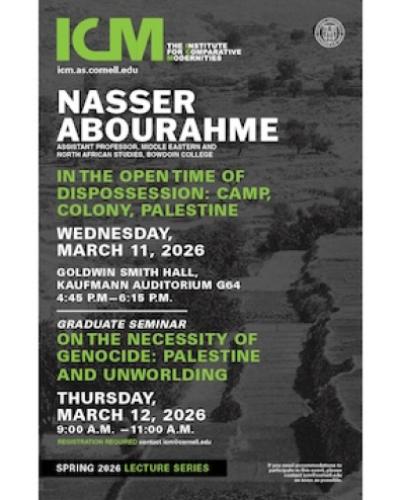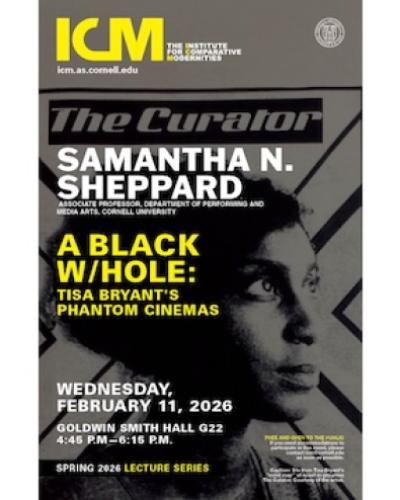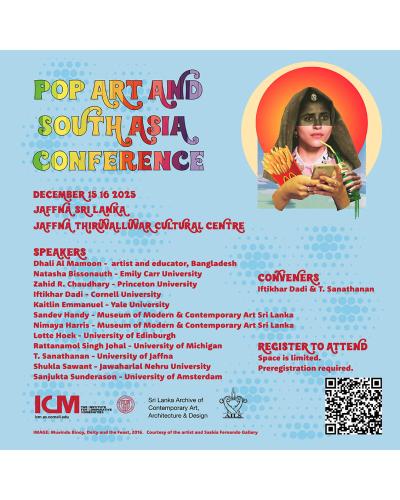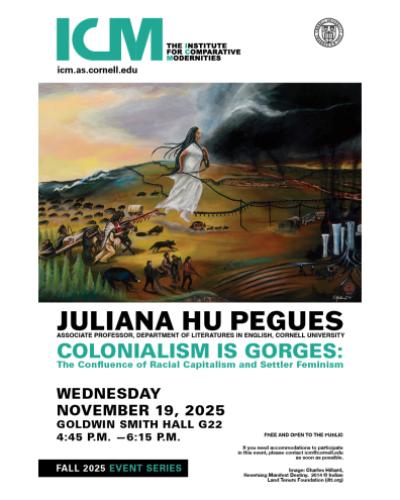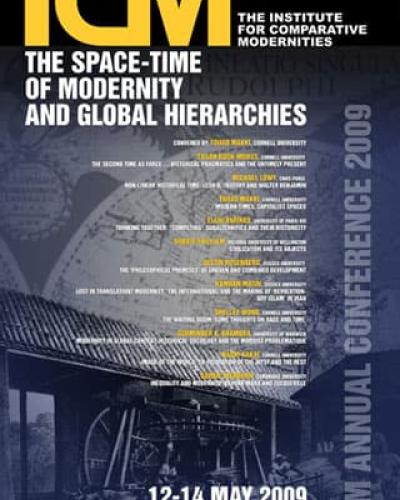Participants: Gurminder Bhambra, Susan Buck-Morss, Michael Löwy, Fouad Makki, Kamran Matin, Justin Rosenberg, Naoki Sakai, Robbie Shilliam, Göran Therborn, Eleni Varikas, David Washbrook, and Shelley Wong.
Contemporary debates about alternative or multiple modernities can be situated among a number of new ways of understanding the relationship between historical time and global social hierarchies. This relationship has conventionally been understood in terms of a growing antagonism between an abstract world-time of capitalist modernity, and differential spaces and times not yet drawn into that world, and hence defined as different. Abstracted from nature and emptied of cultural meaning, world time was elaborated into an overarching temporal ideology of Progress and in the context of the colonial experience superimposed on the infinite plurality of local times and places, distributing them into a hierarchy that legitimated capitalist modernity’s geopolitical dominance.
Recent years have witnessed a virtual paradigm shift that has begun to displace this predominantly unilinear and Eurocentric understanding of the origins and dynamics of modernity as a historical process. The extension of globalization studies back into the past has uncovered causal patterns of interconnectedness reaching back well beyond the era of capitalist industrialization. Simultaneously, a major revival of World History studies has significantly revised our understanding of the "rise of the West" itself, relocating it in a wider interactive narrative of the birth of the modern world. In addition, postcolonial theory has sought to recover both the active agency of subaltern subjects at the height of European imperialism, and the "alternative" and "multiple modernities" which have subsequently come to hybridize the nature of the contemporary world.
Yet while all these approaches illuminate the play of difference, polarity, and inequality across the political multiplicity of modern social development, arguably none has yet constituted that multiplicity itself as an explicit object of theory. The intention of this workshop is to bring these various approaches together for a critical reconceptualization of the space-time of modernity, one that offers a way of rearticulating a range of issues that have become locked into a series of unhelpful binaries: internal/external, modern/traditional, West/non-West.
The working group will be meeting from 12-14 May 2009.

